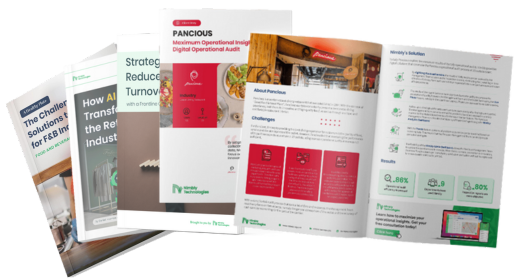

Operational audit is the activity of reviewing the operating procedures and methods of a company to assess the efficiency and effectiveness of the company's operations. In addition, the operational audit also aims to identify problems that occur in the company's operational processes and then make a report containing recommendations for further corrective actions.
This internal audit process reflects how the company's vision and mission can be translated and applied effectively to management's operational strategy. This audit process must also meet QUAIP (Quality Assurance and Improvement Program), quality assurance, and improvement for the company.
This operational audit process is critical. Therefore, it is not surprising that this process becomes full of pressure because it is often referred to as the "finding fault" process. However, even though the audit process is limited to finding faults, this audit process covers the company's operational matters with an enormous scope.
Because of its vital function, a company will always be required to improve its operational audit performance. Then, how to improve the company's operational audit performance? Check out the information below, yes.
The primary purpose of an operational audit is to determine whether the company's procedures, policies, and resources lead the company to achieve its goals effectively and efficiently. These goals can then be translated into more detailed objectives according to your company's specific goals.
For example, in the F&B industry, companies want their customers to get a quality and consistent dining experience in whichever branch they transact. To that end, the objectives of the operational audit were further clarified into several categories, such as ensuring food safety and hygiene, cleanliness of service areas and kitchens, consistency of customer service by employees, and brand standardization and marketing promotions.
For your auditors to perform their duties accurately, you need to educate the auditors about the objectives of the operational audit that you have created. Give them an understanding of why an operational audit is essential.
Without a straightforward audit questionnaire, you can miss out on the information the company needs. There are several tips that you can use in creating a questionnaire:
When you can create clear and detailed questionnaires, you can gain a lot of insights that will help you make the right business decisions in less time.
In addition to making a precise audit questionnaire, you should also educate your auditors. In addition, to understand the auditor about the purpose of conducting the audit process, you also need to provide the auditor with training on how to conduct an internal audit correctly and adequately. If you use technology to support, train the audit team on how to make the most of the technology.
Giving trust to the auditor is one of the keys to the success of the audit process. They will be more than happy to conduct an audit when they gain the trust of you as the owner or manager. Because many managers do not or lack confidence in their auditors and question the entire work of auditors. This, of course, will make the auditor's performance less than optimal, and the audit process will be hampered.
In this age of technology, it is time for you to equip auditors with operational audit applications. A digital operational audit platform will be handy in making it easier for your auditors to carry out the audit process. In addition to making it easier for the audit team in the field, you will also create a comprehensive audit questionnaire, ensuring whether the audit team comes to the site, conducts an audit, and gets automated and real-time analytics.
Are you looking for a technology partner to simplify your company's audit process?
Consult the operational management of your business for free with the Nimbly team.
